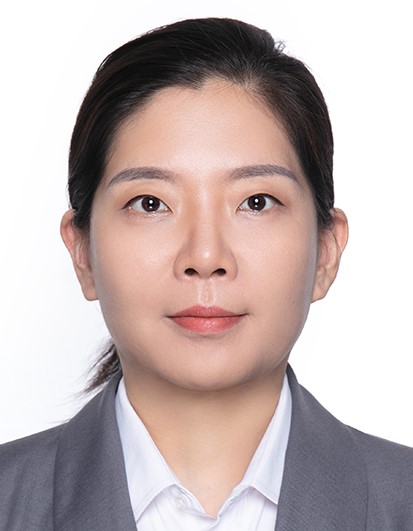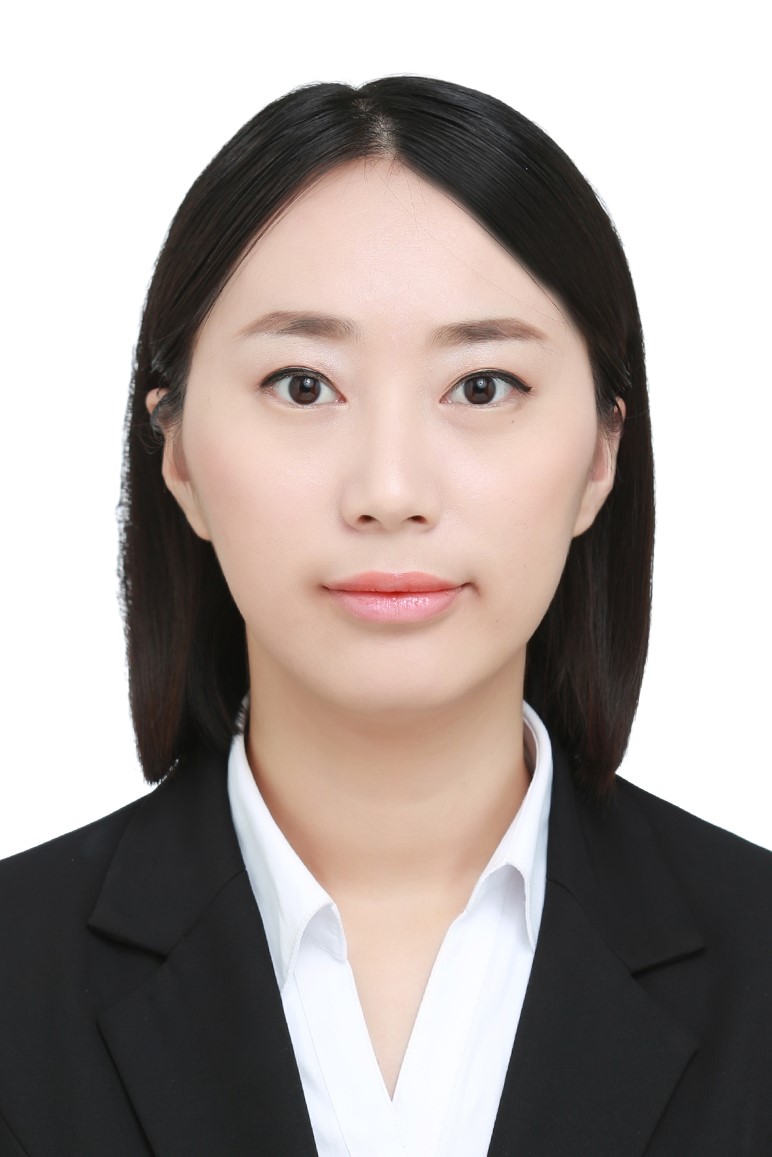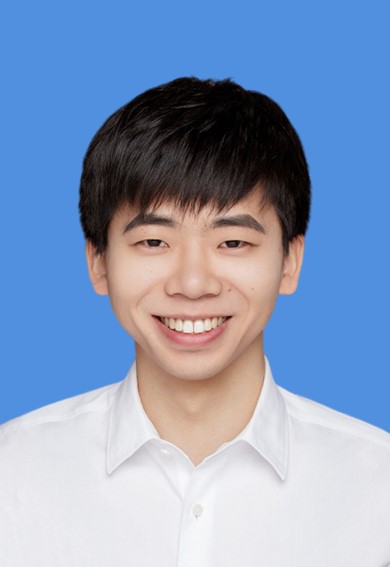Special Session 1
AI+ Applications in Planning, Operation, and Control of New Power Systems
The rapid development and wide application of artificial intelligence, communication technology, multi-energy complementary technology, and distributed power generation technology have made the popularity of new power systems increase rapidly across the world, supporting and promoting the adjustment and upgrading of the world’s energy structures.With the proposal of a carbon neutrality goal and the continuous improvement of the penetration rate of renewable energy, traditional optimization methods are difficult to adapt to the increasingly complex energy environment and the requirements of new power systems ‘intelligent decision making. Meanwhile, the continuous refinement of electricity and carbon market mechanisms necessitates stricter requirements for the planning and operation of new power systems. To enhance self-balancing capability and energy efficiency, the special session seeks original research and review papers from academia, industry, and government institutions related to the optimal planning, operation, and control of new power systems. Suggested topics include, but are not limited to:
1. AI+ application in planning of New Power Systems
2. AI+ application in operation of New Power Systems
3. AI+ application in control of New Power Systems
4. Multi-energy complementary technology in New Power Systems
5. Technology to enhance self-balancing capability and energy efficiency in New Power Systems
6. Source network load storage integration
Chairs:

Prof. Hui Hou, Wuhan University of Technology, China
Prof. Hui Hou received the B.S. degree from Wuhan University, Wuhan, in 2003, and the Ph.D. degree from the Huazhong University of Science and Technology, Wuhan, in 2009. During 2015-2016, she was a visiting scholar at the University of Sydney. She is currently associate professor and Ph.D supervisor, as well as the Department Head of Electrical Engineering,School of Automation, Wuhan University of Technology. Her research interests include risk assessment of power system, energy internet, electric vehicles, etc. She has been AE or Young AE for a number of journals such as PCMP (Protection and Control of Modern Power Systems), Electric Power Construction, etc. She has been nominated as World's Top 2% Scientists by Stanford and Elsevier.

Dr. Xiaohong Dong, Hebei University of Technology, China
Dr. Xiaohong Dong received the M.S. and Ph.D. degrees in electrical engineering from Tianjin University, Tianjin, China, in 2020. She is currently a Lecturer with the State Key Laboratory of Reliability and Intelligence of Electrical Equipment, Hebei University of Technology. Dr. Xiaohong Dong is also a member of the Electric Vehicle and Energy Transportation System Integration Technology Subcommittee of the IEEE PES China Electric Vehicle Technical Committee, a member of the Electric Vehicle Charging and Swapping System and Testing Professional Committee of the China Electrotechnical Society, and a senior member of the China Electrotechnical Society.
Her research interests include electric vehicle(EV) charging infrastructure planning, EV charging load control, cooperation of power system and transportation and distribution network planning. She has presided over the Hebei Nature Foundation Project, the National post-doctoral project, and enterprise projects. She has published more than 40 SCI/EI journal papers.

Dr. Chenhui Song, Changsha University of Science and Technology, China
Chenhui Song received the Ph.D. degree in Electrical Engineering from Tianjin University, Tianjin, China, in 2022. Afterwards, he worked as a researcher at State Grid Energy Research Institute. He is currently a lecturer and a supervisor with the National Key Laboratory of Power Grid Disaster Prevention and Reduction, Changsha University of Science and Technology.In the past five years, he has presided over the projects of National Natural Science Foundation of China and State Grid Corporation Development Department, Participated in the projects of National Natural Science Foundation of China and National Key Research and Development Program of China. He has published more than 30 SCI/EI journal papers and Received National Business Association Science and Technology Progress Award. He is the special issue editor of the Energies journal and the young editorial board member of the Electric Power Construction journal. His current research interests include security analysis, planning and operation of Multi-Energy Systems.
